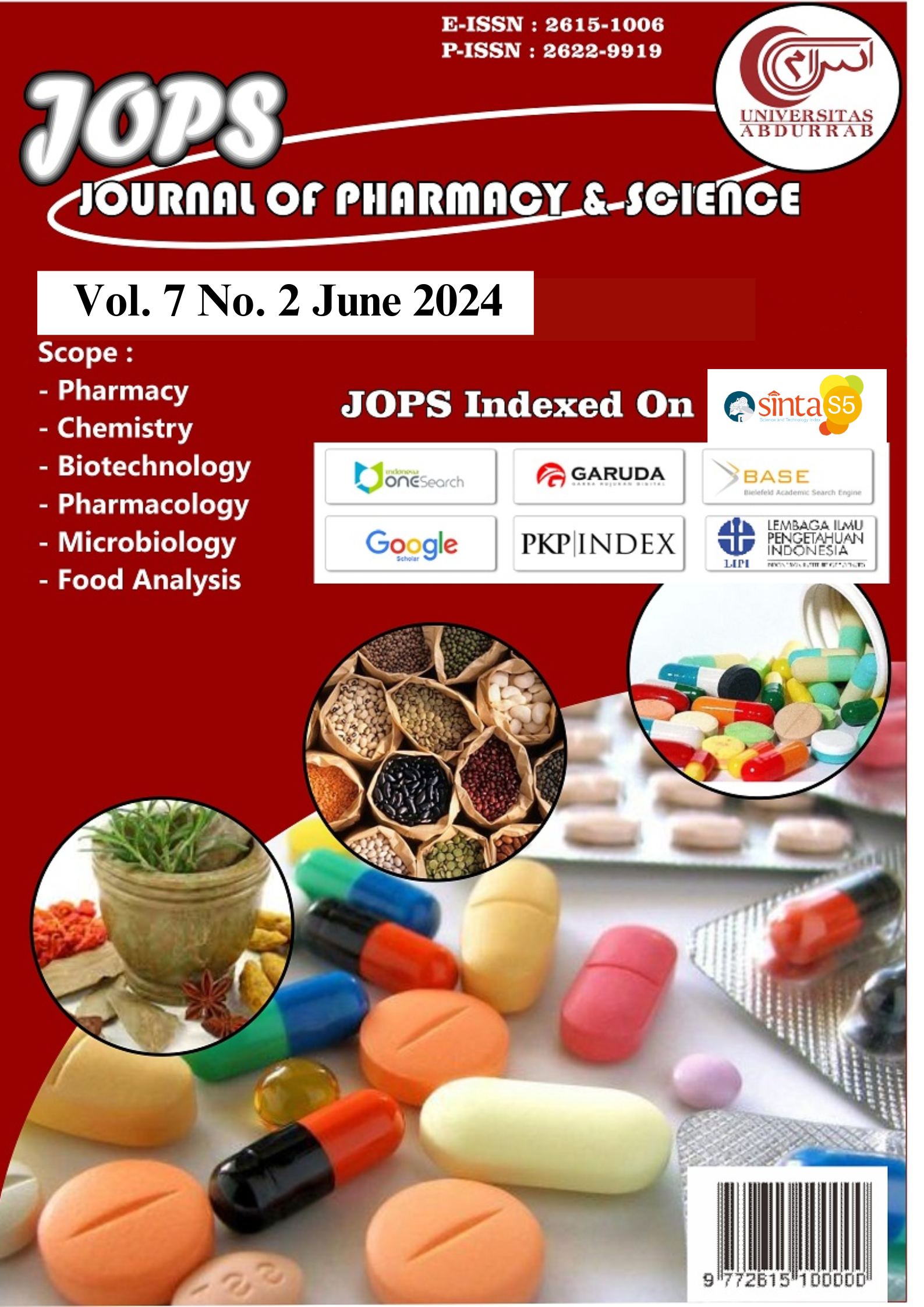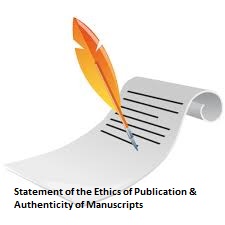The Impact of Educational Videos on the Use of Health Supplements During the Covid-19 Pandemic on the Level of Community Knowledge in Binawidya Sub-District of Pekanbaru
DOI:
https://doi.org/10.36341/jops.v7i2.4513Keywords:
Knowledge, Health Supplements, Educational video, COVID-19Abstract
The significant increase in confirmed cases of COVID-19 necessitates the implementation of preventive measures by the general public to mitigate the risk of contracting the disease. One strategy that can be employed involves the consumption of health supplements. Among the most prevalent health supplements consumed by the public during the COVID-19 pandemic is vitamin C, which is taken to enhance immunity as part of the preventive measures against COVID-19. This research aims to see the effect of providing educational videos on the use of health supplements during the COVID-19 pandemic on the level of community knowledge in the Binawidya sub-district of Pekanbaru. This research is a quasi-experimental research with a non-randomized control group pretest-posttest design with data collection techniques, namely purposive sampling using a Google form questionnaire. In this research, the sample consisted of individuals from the Binawidya sub-district who met the inclusion criteria, totaling 100 respondents. The analysis of the knowledge data revealed a significant impact of educational videos on the utilization of health supplements amidst the COVID-19 pandemic, as evidenced by an obtained P value of 0.000, which is less than the predetermined significance level of 0.05.
Downloads
Downloads
Published
How to Cite
Issue
Section
License
1. Copyright of all journal manuscripts is held by the JOPS (Journal Of Pharmacy and Science)
2. Formal legal provisions to access digital articles of electronic journal are subject to the provision of the Creative Commons Attribution-ShareAlike license (CC BY-NC-SA), which means that JOPS (Journal Of Pharmacy and Science) is rightful to keep, transfer media/format, manage in the form of databases, maintain, and publish articles.
3. Published manuscripts both printed and electronic are open access for educational, research, and library purposes. Additiponally, the editorial board is not responsible for any violations of copyright law.
licensed under a Creative Commons Attribution-ShareAlike 4.0 International License.










